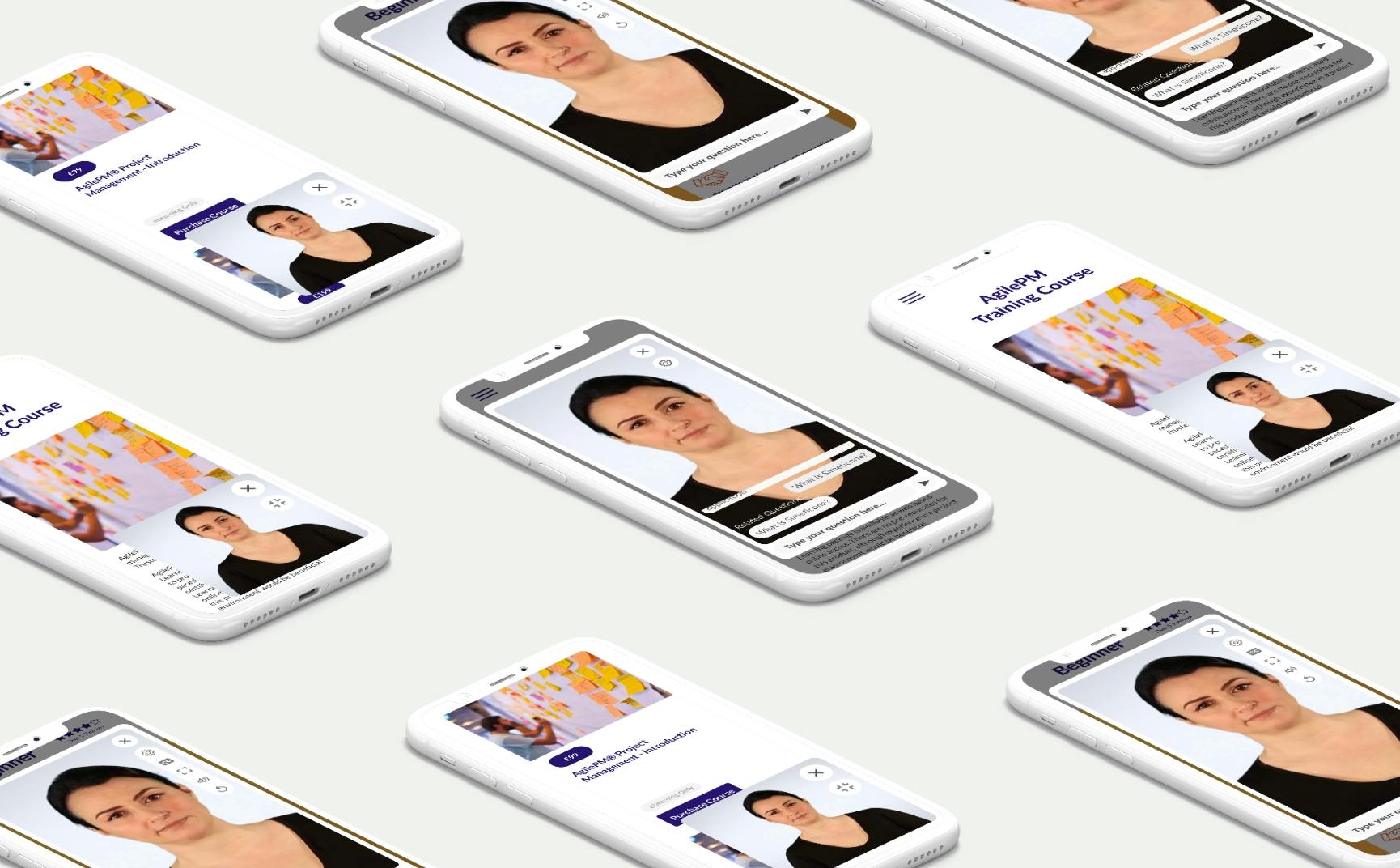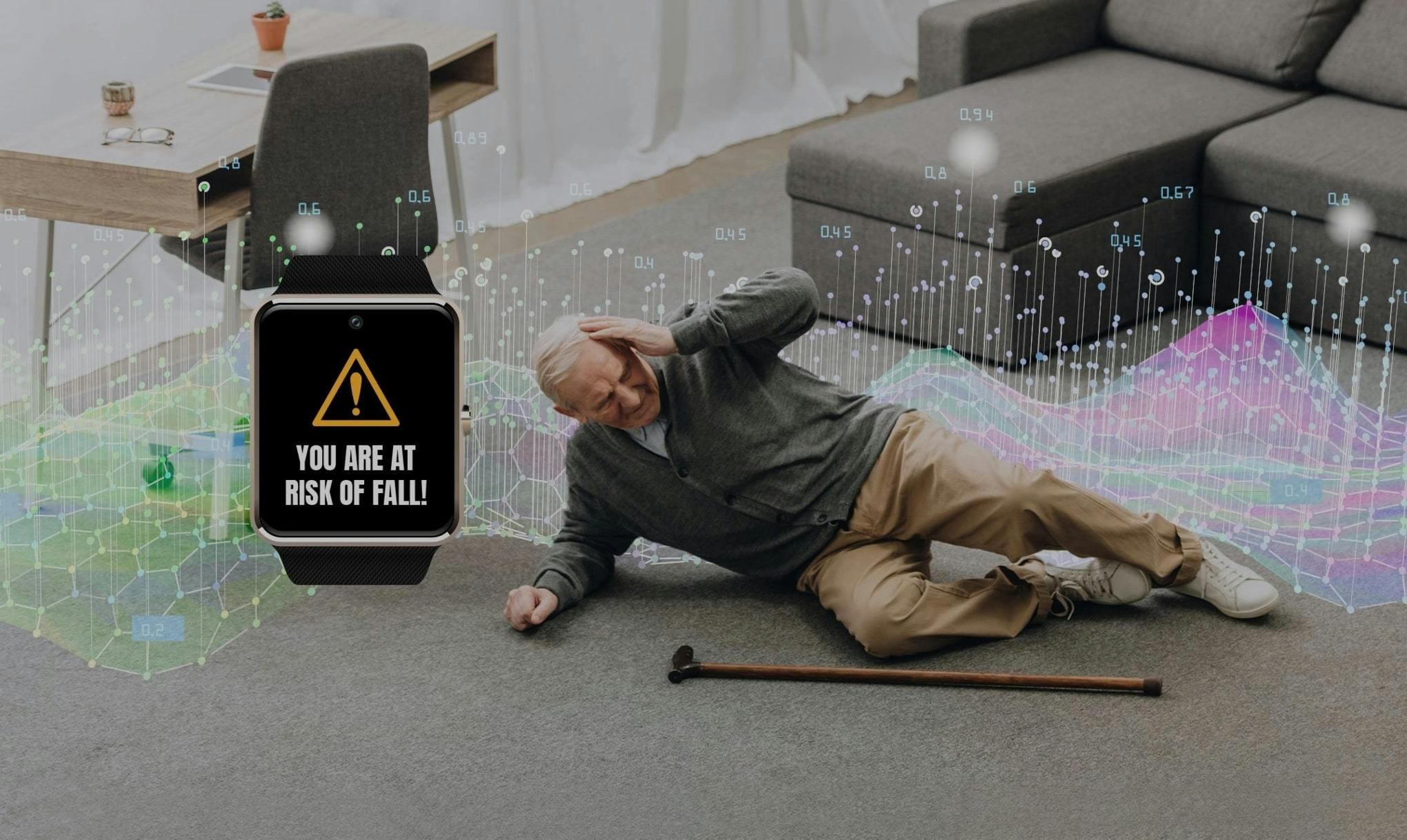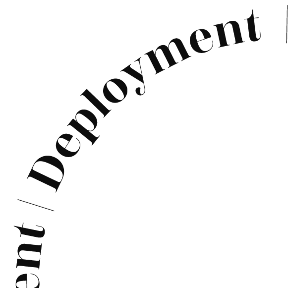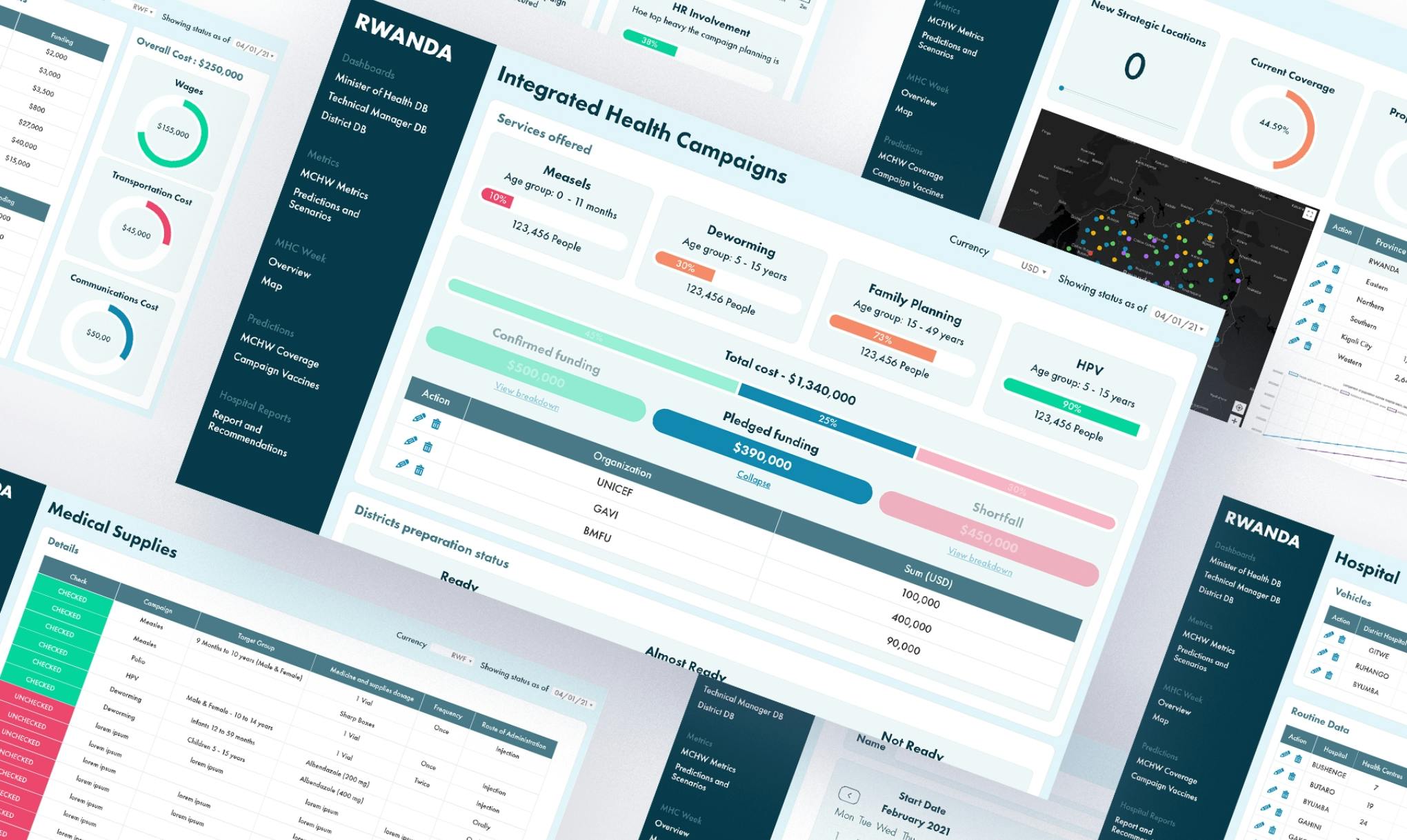.jpg&w=3840&q=75)
We recognise
the opportunities
For many years now, AI has been proving itself as a transformative technology across all industries. The ability to learn, then predict outcomes and scenarios can save extensive resource, and even lives. We recognise the opportunities and have therefore invested heavily in pioneering AI projects and technologies over the past 10 years. In healthcare, our AI technology aims to provide real user benefits, saving lives, minimising costs and enhancing patient outcomes. Immerging AI technology, pioneered by us, has a provided brands with market insights and strategic insights at the click of a button.

VirtTuri
Orbital has pioneered and patented a range of game-changing AI technologies deployed in multiple industries. Whether it's saving millions of pounds in manufacturing or working with the Bill and Melinda Gates Foundation to revolutionise healthcare delivery, we lead the world in AI innovation.
Our patented and award-winning hyper-realistic avatar and machine learning assistant technologies combine to enable rapid, accurate and visual management of user queries. This offers market-leading user engagement, understanding and recall. Regulatory compliant for healthcare use. Can also be deployed for education, training and fast-moving consumer goods engagement. Pioneering in its approach and supported by robust academic research, VirtTuri® represents the beginning of a new AI Avatar Assistant revolution.
Multi-industry deployment

Regulatory compliant

Award winning


AI Falls Screening
Orbital are pioneering the development of an advanced multi-sensor AI system for measuring, assessing and screening patient risk of falls. Market leading predictive accuracy will allow a patient to be identified as being at risk.
Interventions can be made in determining cause of elevated fall risk and also implementation of fall prevention aids. This can significantly reduce costs, improve healthcare outcomes and reduce fall related mortality.
Healthcare deployment

Regulatory compliant

Fully Bespoke Build


International AI Healthcare Management Tool
Orbital are working with Grand Challenges Explorations, an initiative of the Bill & Melinda Gates Foundation, Connecti3 and Rwanda Partners to develop an AI based system for improving healthcare management in developing countries.
Using unstructured data we will be able to implement improved population targeting and effective healthcare campaign delivery. For example, optimisation of vaccine deployment or improved allocation of healthcare logistics.
International deployment

Regulatory compliant

International award winner








